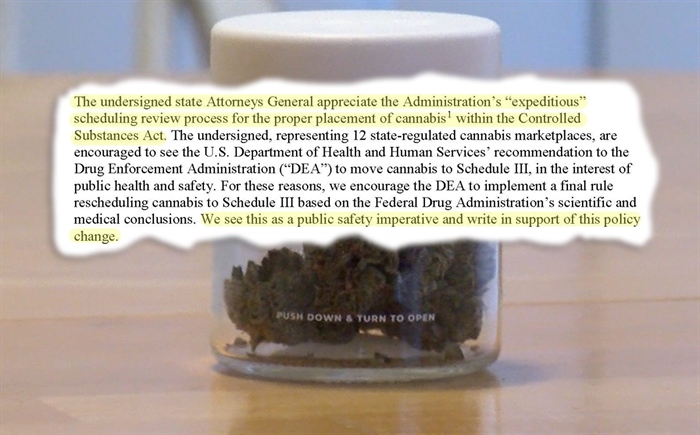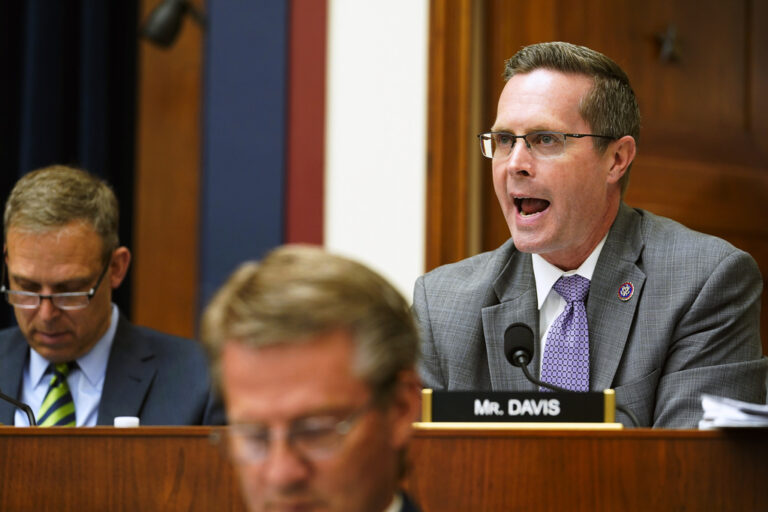As Illinois’ recreational cannabis industry once again reported record sales for 2023, the state’s attorney general is calling on the federal government to reclassify the substance.
The U.S. Drug Enforcement Agency classifies cannabis as a Schedule 1 drug, meaning the federal government believes it has “no currently accepted medical use and a high potential for abuse.”
But Attorney General Kwame Raoul and his counterparts in 11 other states are calling on a reclassification to Schedule 3, meaning it has “a moderate to low potential for physical and psychological dependence.”
Raoul and the other attorneys general said the reclassification would allow states to continue to “set the standard” for legal products, would allow businesses to take ordinary tax deductions, and would increase the ability to research the substance to fully determine its effects.
“Illinois is one of several states that have established robust regulatory frameworks for legal cannabis sales,” Raoul said in a news release. “State-regulated cannabis industries protect consumers from the dangers of unregulated products and the illicit market. Rescheduling cannabis will remove obstacles for legitimate businesses and allow them to better collaborate with law enforcement and regulators.”
Last year, Illinois recreational cannabis dispensaries sold a record $1.6 billion of product, accompanied by a record number of sales to Illinois residents.
Sales to out-of-state residents, however, fell by $71 million from 2022’s total, marking the first drop in that category since cannabis was legalized on a recreational basis in January 2020.
The growth in 2023 marked a 5 percent increase from the year prior, meaning the pace of the industry’s growth is slowing. From its first year of legalization to its second, sales grew by 106 percent, while in 2022, growth was marked at 12 percent from the year prior.
There are 177 recreational cannabis dispensaries operating in Illinois, including 68 that were “social equity” applicants, 64 of which opened last year. That’s a term the law gives to individuals who are impacted by cannabis-related offenses, those who have lived in a disproportionately impacted area within the last decade, or dispensaries that employ at least 10 full-time employees and at least half of them meet the previous standards.
State revenue from cannabis taxes, licensing costs and other fees goes into the Cannabis Regulation Fund, which is used to fund a host of programs including cannabis expungement, the general revenue fund, and the R3 campaign aiming to uplift disinvested communities.
For the 2024 fiscal year, nearly $122 million has been paid out from that fund for related initiatives, including $42 million in transfers to the state’s general revenue fund, according to the Illinois Department of Revenue.








